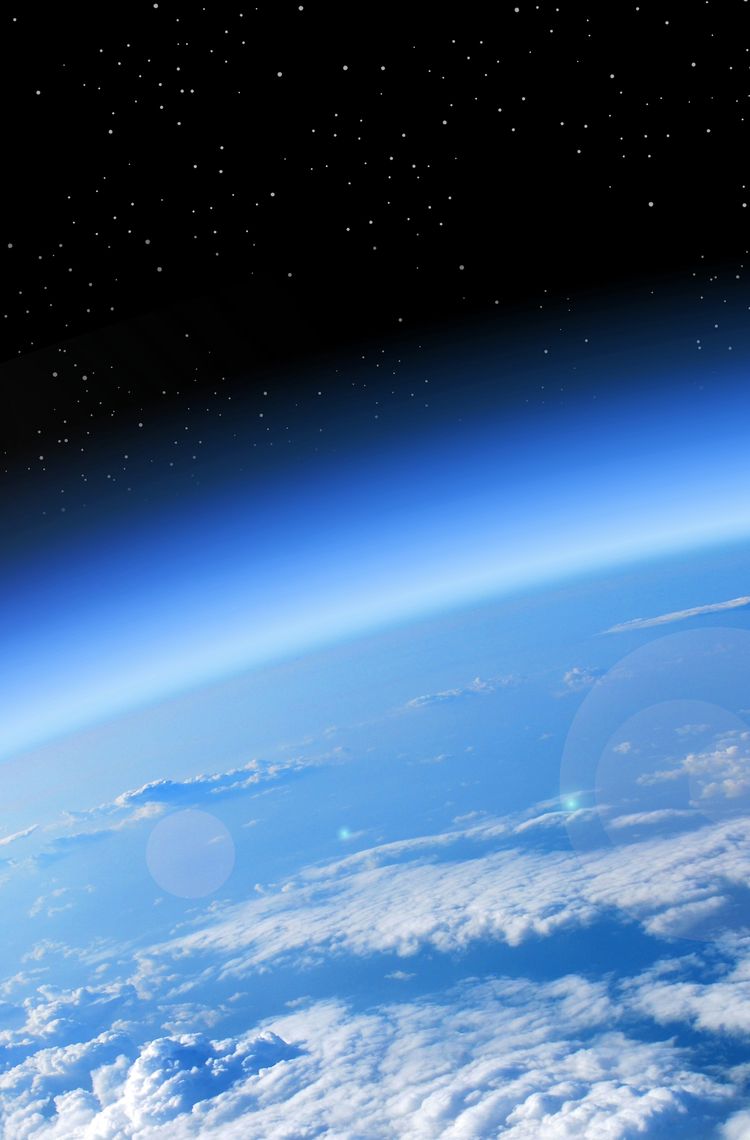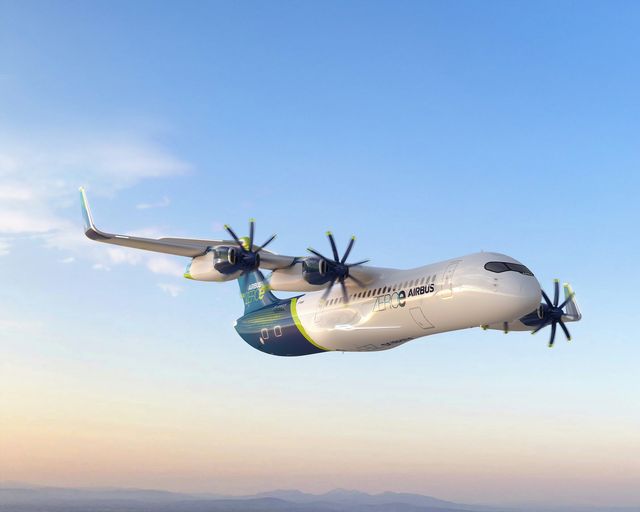Exploring new frontiers is in our DNA
At Airbus, our pioneering spirit pushes us to explore, innovate and reach new heights in the aerospace sector. We boldly challenge the status quo, take risks on new opportunities, and learn from our failures.
Exploring the new frontier of low-carbon flight
At Airbus, we are committed to leading the decarbonisation of the aerospace sector by developing new technologies for low-carbon aviation. We believe technology innovation is vital to tackling the climate crisis and ensuring future generations can enjoy flying as much as we do.
To this end, we aim to deliver the world’s first hydrogen-powered aircraft by 2035, which will pave the way for a decarbonised aviation. At the same time, our advances in urban mobility will provide options for a faster, low-carbon and more reliable mobility solution in urban areas.
Space exploration
We believe the exploration of our universe will enrich life for generations to come.
Our unequalled and trusted space technologies and satellite imagery solutions continually expand human knowledge of our universe, from the ability to capture critical events on Earth to providing the solutions that enable deep-space exploration.
For decades, Airbus has been at the very heart of space exploration. We are at the forefront of creating the technologies that allow mankind to send spacecraft to planets, moons and comets both near our sun and millions of kilometres away.
We strive to push the boundaries on what is possible – allowing us to learn more about our universe and helping to make it truly our home.

Taking mankind to the moon and beyond
The Artemis programme will return humankind to the Moon on the Orion spacecraft. Once this complex series of missions is accomplished, the focus will then be on using the acquired technologies and knowledge to make an even farther trip for humankind – to Mars and back.
Partnering with NASA, Airbus is involved in developing the European Service Module (ESM) – the "powerhouse" of the Orion spacecraft. This mission-critical component will provide propulsion, energy, and thermal control, as well as the air that astronauts will breathe while travelling in space.

Establishing a lunar outpost
After the success of the International Space Station (ISS), the international exploration community is setting its sights on a new joint collaboration to establish a lunar outpost – The Gateway. This new lunar space station will act as a home base for astronauts travelling aboard Orion spaceships – from where they can set off on further endeavours, be it the Moon or continuing their journey to Mars.
Development of the Gateway will continue throughout this decade via a coordinated international effort. With the support of Airbus, the European Space Agency (ESA) will develop a large habitation module - the I-HAB - as well as a refuelling, infrastructure and telecommunications system, called ESPRIT, for the Gateway space station.

Mars exploration
Airbus is a partner for several missions travelling to and from Mars. The ExoMars rover mission – which is the first European rover mission to the Red Planet – will search for evidence of past or present life on Mars, and help us better understand the history of water on the planet. Named “Rosalind Franklin”, the Airbus-built six-wheeled autonomous navigation rover that will drill for samples, analyse them on board and send results back to Earth along with images and atmospheric data.
Airbus is also working on two studies for ESA to design a Sample Fetch Rover and an Earth Return Orbiter. These two elements will be critical parts of a sample-return mission from Mars back to Earth. The Sample Fetch Rover will retrieve samples left by NASA’s Mars 2020 rover mission, placing them in a sample container that will be launched into orbit around Mars. The Earth Return Orbiter will capture the basketball-sized container, seal it within a biocontainment system and bring the samples back to Earth - where they can be analysed by scientists – helping to unlock the mysteries of one of our closest planetary neighbours.
The latest in Airbus
In the spotlight
-
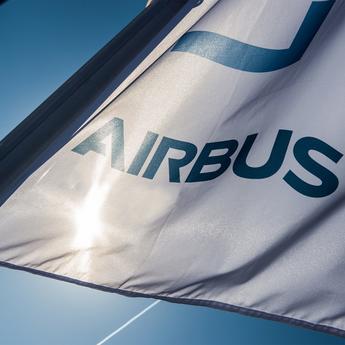
Airbus reports Half-Year (H1) 2025 results
Press Release Company
Airbus SE (stock exchange symbol: AIR) reported consolidated financial results for the Half-Year (H1) ended 30 June 2025. -
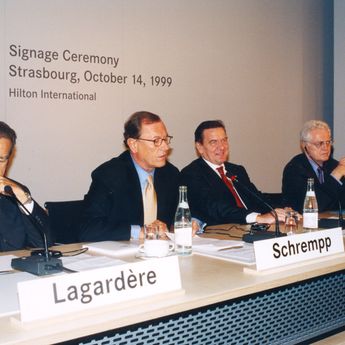
A daring vision takes flight: 25 years of Airbus as an integrated company
Web Story Company
-
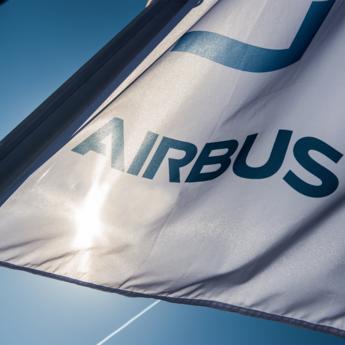
Airbus reports First Quarter (Q1) 2025 results
Press Release Company
-

Airbus signs definitive agreement with Spirit AeroSystems
Press Release Company
-

Airbus shareholders approve all resolutions at 2025 AGM
Press Release Company
